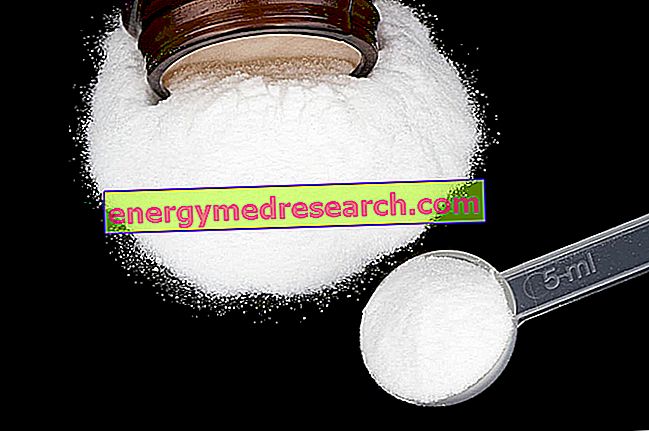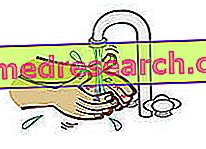
It looks like synthetic creatine is much more than just a dietary supplement for athletes.
The search for muscularity is not in fact the only use of this molecule, on the contrary; if for athletes and bodybuilders it represents a need of secondary importance, therefore extraneous to any health need, for the elderly it is the opposite. As is now known to specialists dealing with geriatric patients, among the various tissues that undergo the aging effect there are also muscular and nervous ones. Unfortunately, however, like other discomforts, the deterioration of the brain and muscles severely limits mobility and therefore also the independence of older people. These compromises, in addition to representing a social plague, are worsening because, with the reduction of intellectual and motor capacity, self-sufficiency is compromised; to make matters worse, there is a reduction in the sense of thirst with a tendency to dehydration, a reduction in the sense of hunger with a tendency to malnutrition and therefore an acceleration of aging (and of the relative comorbidities such as senile dementia, depression etc.) .
A 2014 review entitled “ A review of creatine supplementation in age-related diseases: more than a supplement for athletes ” has reviewed various results obtained in research on creatine supplementation in older people. Below we will summarize the aforementioned:
Creatine is an endogenous compound synthesized from the amino acids arginine, glycine and methionine. Creatine, which can be taken as a food supplement in various chemical forms, is also present in various foods such as meat and fish.
Since most creatine is stored and used by skeletal muscle, the creatine dietary supplement is considered fruitful to increase the strength, strength and mass of skeletal muscle.
However, new potential uses have emerged for creatine supplements, which could be used to prevent or delay the onset of various neuro-degenerative diseases associated with aging.
Moreover, on average, 30% of muscle mass is lost within 80 years and weakness remains a cause of loss of autonomy in the elderly population.
In light of these new implications in the use of creatine, a dietary supplement has been studied to determine the possible efficacy in the treatment of congestive heart failure, reverse optic atrophy, reduced insulin sensitivity, cancer and high cholesterol.
As for the central nervous system, creatine has been shown to have antioxidant properties, to reduce mental fatigue, to protect the brain from neuro toxicity and to improve the aspects / components of neurological disorders such as depression and bipolar disorder.
The combination of these benefits has made creatine a primary candidate in the fight against age-related diseases such as: Parkinson's disease, Huntington's disease, amyotrophic lateral sclerosis, long-term memory deficits associated with disease progression Alzheimer's and strokes.
To conclude, among the various forms of prevention to be adopted in old age one could also include the supplement with creatine, especially in conjunction with some risk factors related to the onset of certain disorders.



